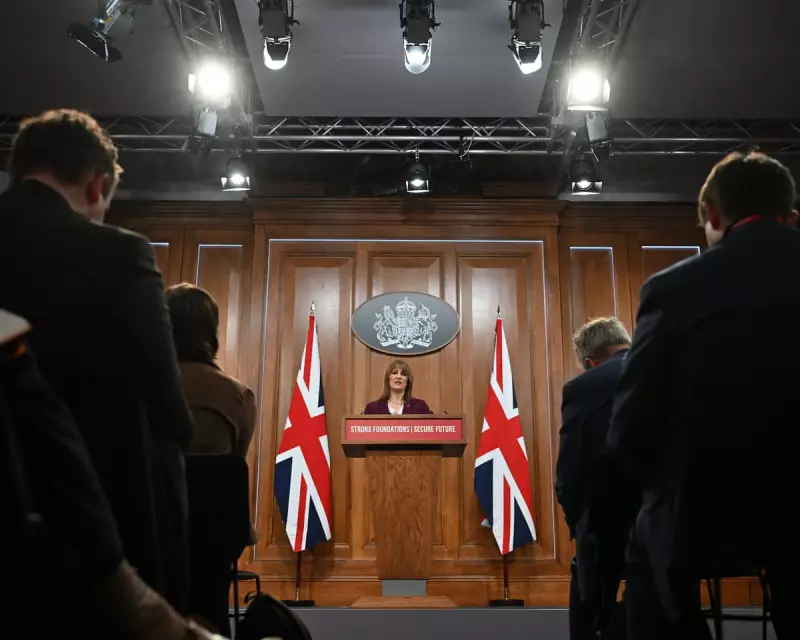
The British Treasury is grappling with economic pressures so severe that Chancellor Jeremy Hunt is considering breaking a 50-year political taboo by implementing a major freeze on income tax thresholds.
According to analysis by the Institute for Fiscal Studies (IFS), maintaining current income tax thresholds until 2028 would effectively create 3.7 million new higher-rate taxpayers while dragging 2.6 million additional workers into the basic rate bracket. This radical move would mark the most significant shift in personal taxation in generations.
The Unprecedented Fiscal Squeeze
The IFS research reveals the staggering scale of Hunt's challenge. The government is facing a financial shortfall of approximately £30 billion just to maintain existing public services against a backdrop of soaring inflation and economic uncertainty.
"We're looking at a situation where the Chancellor has very few palatable options," explained Paul Johnson, director of the IFS. "The traditional political consensus that income tax thresholds should rise with inflation has become economically unsustainable in the current climate."
A Political Earthquake in the Making
What makes this potential policy shift so remarkable is its departure from half a century of established political practice. Since the 1970s, successive governments have largely maintained the principle that tax thresholds should increase in line with inflation, protecting workers from being pushed into higher tax brackets simply through wage growth.
The current crisis threatens to upend this longstanding convention. The freeze would represent the most dramatic stealth tax raid in modern British history, generating billions in additional revenue for the Treasury while significantly increasing the tax burden on millions of households.
The Human Impact
For ordinary Britons, the consequences would be profound. Middle-income earners who have received modest pay rises to combat the cost of living crisis would find themselves unexpectedly crossing tax thresholds, potentially wiping out any financial gains.
The analysis suggests that by 2028, nearly 15% of all adults would be paying higher-rate tax, compared to just 11% if thresholds continued to rise with inflation. This represents a fundamental reshaping of who bears the burden of funding public services in Britain.
Beyond the Immediate Crisis
While the immediate focus is on the current economic turmoil, experts warn that the implications extend far beyond short-term budget management. The potential breaking of this 50-year taboo raises fundamental questions about the future of taxation and public spending in the UK.
As one Treasury insider noted: "We're not just talking about filling a temporary hole in the finances. This could represent a permanent shift in how we think about income tax and who should contribute to the public purse."
The coming months will reveal whether economic necessity truly does force the breaking of one of Westminster's most enduring political taboos.





